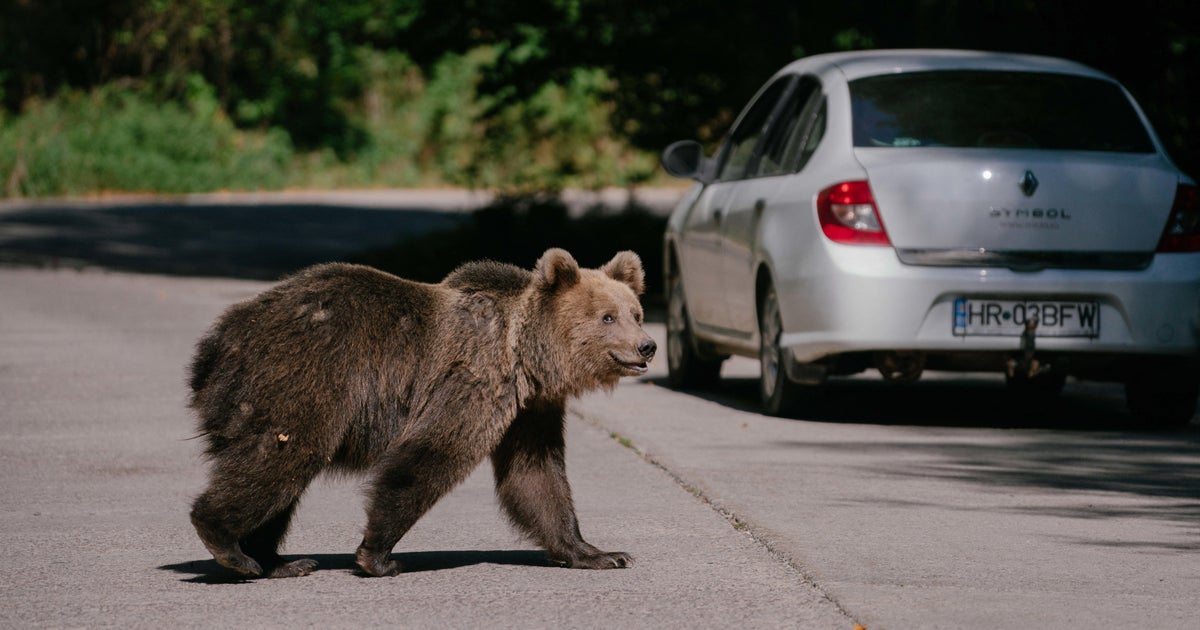After the death of a 19-year-old woman, Romania authorizes the killing of almost 500 bears

Romania’s parliament on Monday approved the culling of nearly 500 bears this year to control “overpopulation” of the protected species after a fatal attack on a 19-year-old hiker sparked nationwide outrage.
Last week, local media reported that a 19-year-old tourist – identified by the Daily Mail as Maria Diana – was attacked and killed by a bear while hiking with her boyfriend.
“According to our information, the bear attacked the young woman on the path, dragged her into the vegetation next to the path and threw her somewhere in that vegetation into a ravine where she fell. The bear followed her,” Sabin Corniou, head of Romania’s mountain rescue service, told CNN’s Antena 3.
The bear was killed after reportedly attempting to attack rescuers.
According to the Ministry of Environment, Romania is home to the largest brown bear population in Europe outside Russia, with 8,000 animals.
In the south-eastern European country, 26 people have been killed by bears and 274 others seriously injured in the past 20 years, the ministry announced at the beginning of the year.
ANDREI PUNGOVSCHI/AFP via Getty Images
After the young hiker was bitten to death on a popular hiking trail in the Romanian Carpathians, Prime Minister Marcel Ciolacu called MPs back from their summer recess for an emergency session of parliament.
Parliament not only passed a law to control the brown bear population, but also held a minute’s silence in memory of the 19-year-old hiker.
The law passed on Monday allows the culling of 481 bears in 2024, more than double the number of 220 killed last year.
MPs argued that bear “overpopulation” had led to an increase in attacks, but acknowledged that the law would not prevent future attacks.
Environmental groups have condemned the measure.
“The law solves absolutely nothing,” biologist Calin Ardelean of the World Wildlife Fund told AFP, arguing that the focus must shift to “prevention and intervention” and to so-called “problem bears.”
According to WWF Romania, culling will not solve the problem unless measures are taken to keep the bears away from communities, such as better waste management or banning people from feeding the animals.
In 2023, about 7,500 emergency calls were registered to report bear sightings, more than double the number of the previous year, according to data presented by Romanian authorities last week.
At the beginning of the year, a Woman died after being chased by a bear through dense forest and mountainous terrain. Wildlife researchers previously estimated that the population density of Slovak bears was second only to Romania in terms of distribution.
Reuters photographer / REUTERS



